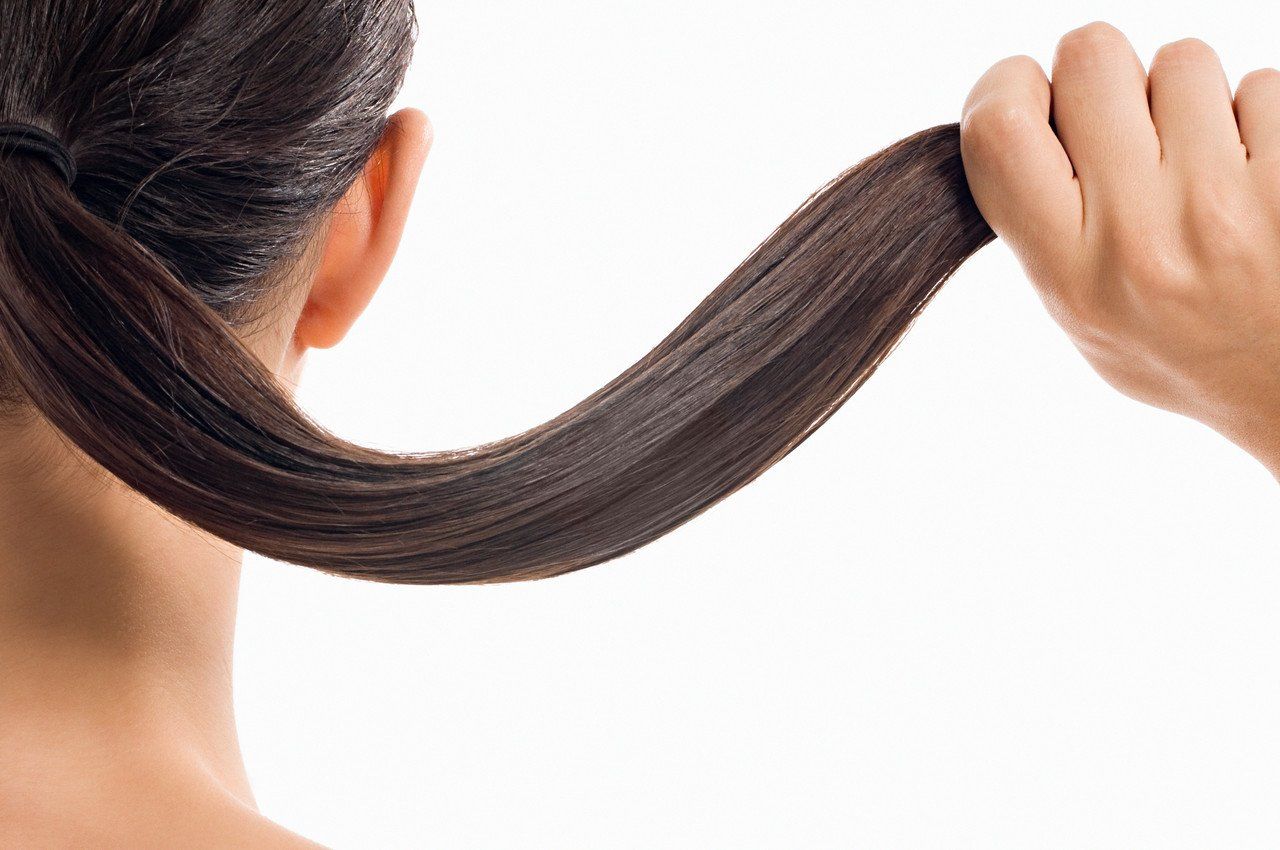Common questions I get asked
As a trichologist, I am often asked questions about hair loss and scalp health. Here are some of the most common questions I get asked:
Question 1: What causes hair loss?
There are many causes of hair loss, including:
- Genetics: Some people are simply more prone to hair loss than others.
- Hormones: Changes in hormones, such as those that occur during pregnancy, childbirth, and menopause, can cause hair loss.
- Medical conditions: Some medical conditions, such as thyroid problems, alopecia areata, and anemia, can cause hair loss.
- Medications: Some medications, such as chemotherapy drugs and antidepressants, can cause hair loss.
- Stress: Stress can also cause hair loss.
Question 2: What can I do to prevent hair loss?
There is no one-size-fits-all answer to this question, as the best way to prevent hair loss depends on the cause of your hair loss. However, there are some general things you can do to help prevent hair loss, such as:
- Eat a healthy diet: Eating a healthy diet that is rich in fruits, vegetables, and whole grains can help to keep your hair healthy.
- Get enough sleep: Getting enough sleep is important for overall health, and it can also help to prevent hair loss.
- Manage stress: Stress can be a major trigger for hair loss, so it is important to find ways to manage stress in your life.
- Avoid smoking: Smoking can damage hair follicles and make hair loss more likely.
- Use gentle hair products: Using harsh hair products can damage hair follicles and make hair loss more likely.
Question 3: What is the best treatment for hair loss?
The best treatment for hair loss depends on the cause of your hair loss. However, some common treatments for hair loss include:
- Medications: There are a number of medications that can be used to treat hair loss, such as minoxidil (Rogaine) and finasteride (Propecia).
- Surgery: In some cases, surgery may be an option for treating hair loss. For example, hair transplantation is a surgical procedure that can be used to restore hair to areas that have been affected by hair loss.
- Lifestyle changes: There are a number of lifestyle changes that can help to prevent hair loss or slow the progression of hair loss. These changes include eating a healthy diet, getting enough sleep, managing stress, and avoiding smoking.
Conclusion:
If you are concerned about hair loss, it is important to see a trichologist. A trichologist can help you to determine the cause of your hair loss and recommend the best treatment option for you.






